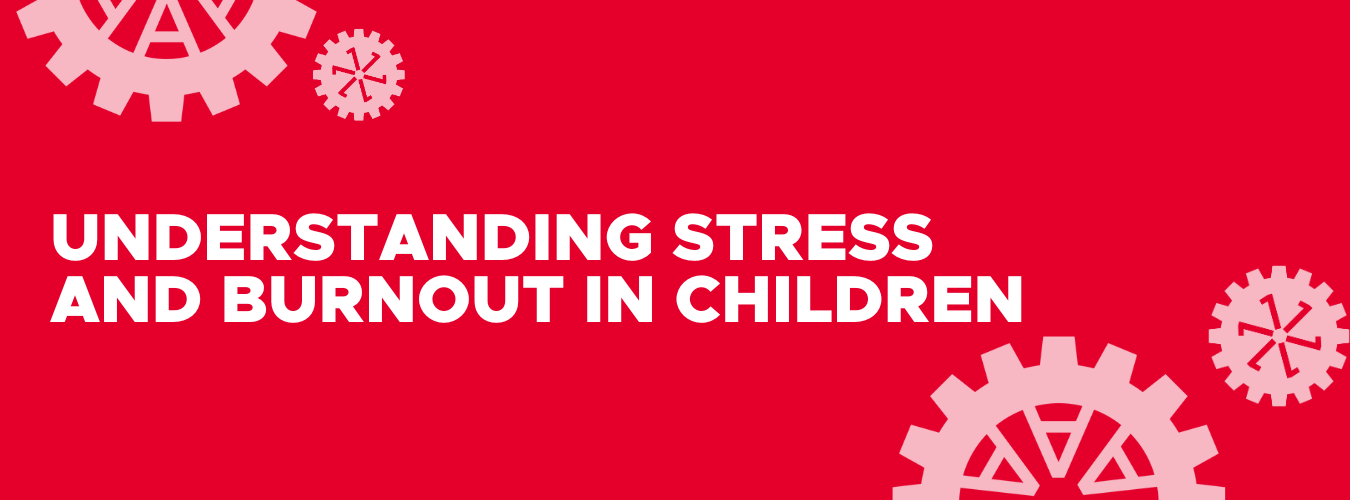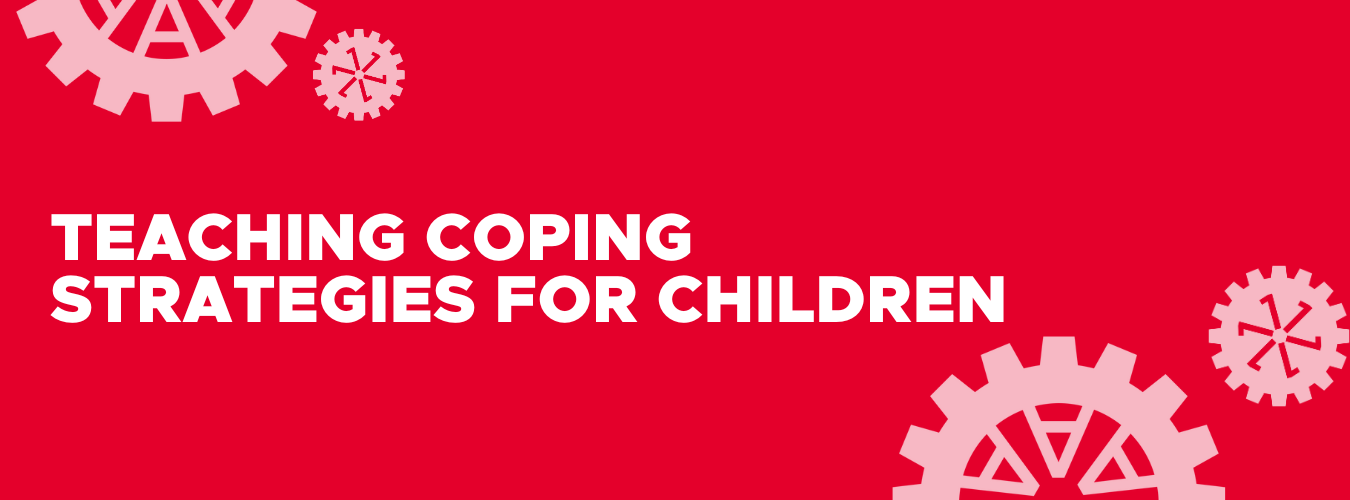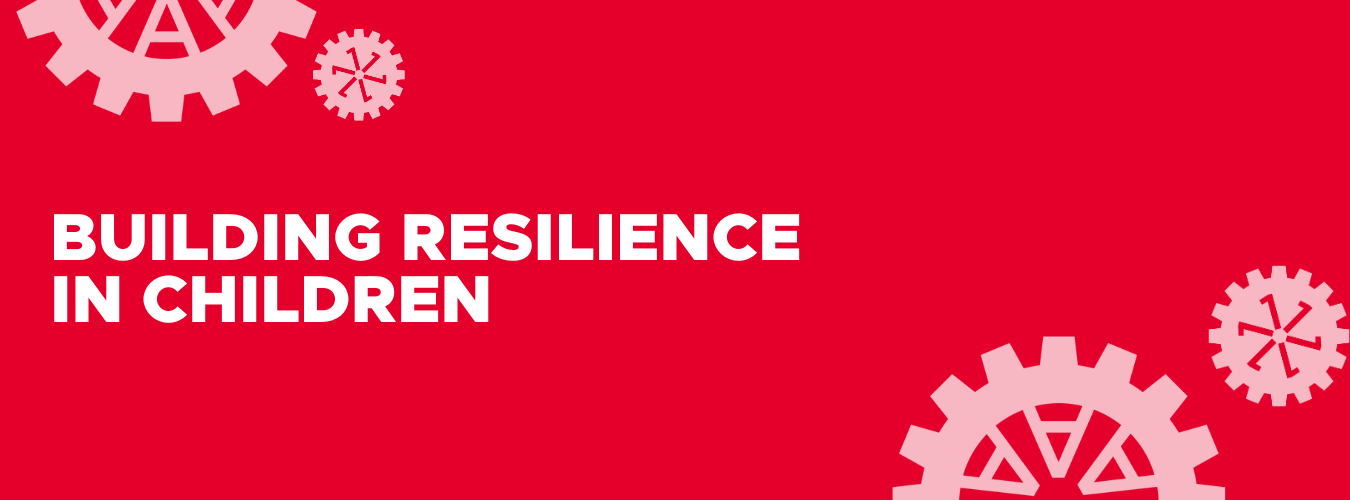Empowering Your Child: A Comprehensive Guide to Preventing Stress & Burnout

In today's hyper-connected and fast-paced world, children are increasingly vulnerable to stress and burnout. As parents, it's our responsibility to equip them with the tools they need to navigate life's challenges while safeguarding their mental and emotional well-being.
In this guide, we'll delve deeper into effective strategies to help your child prevent stress and burnout, ensuring they thrive in every aspect of their lives.
Understanding Stress and Burnout in Children
Before we delve into the strategies, it's crucial to understand what stress and burnout entail for children. Stress can stem from various sources such as academic pressure, social interactions, or family dynamics.
When left unmanaged, stress can escalate into burnout, characterised by emotional exhaustion, cynicism, and reduced performance. By recognising the signs early on, we can intervene proactively to prevent burnout from taking hold.

Creating a Supportive Environment
The foundation of preventing stress and burnout lies in fostering a supportive environment at home. Encourage open communication with your child, create a positive and nurturing atmosphere, and set realistic expectations that honour their strengths and limitations.
By cultivating a safe space where your child feels heard and valued, you empower them to navigate life's challenges with confidence and resilience.
Teaching Coping Strategies
In addition to creating a supportive environment, it's essential to equip your child with effective coping strategies to manage stress when it arises. Teach them mindfulness and relaxation techniques, such as deep breathing exercises.
Encourage physical activity, which not only serves as a stress reliever but also promotes overall well-being. Additionally, help your child identify hobbies and interests that bring them joy and fulfilment, serving as healthy outlets for stress relief. Teach your child the importance of setting boundaries and saying no when they feel overwhelmed, empowering them to prioritise their well-being and manage their time effectively.
Furthermore, practising gratitude can be a powerful tool for combating stress and promoting resilience. Encourage your child to keep a gratitude journal where they write down three things they're thankful for each day. By focusing on the positive aspects of their lives, your child can cultivate a sense of optimism and resilience that helps them navigate challenges with grace and positivity.

Promoting Healthy Habits
A healthy lifestyle is paramount in preventing stress and burnout. Ensure your child gets enough sleep by establishing a consistent bedtime routine and creating a conducive sleep environment. Encourage nutritious eating habits by involving your child in meal planning and preparation, emphasising the importance of fueling their bodies with wholesome foods.
Limit screen time to prevent digital overload, which can contribute to stress and anxiety, and encourage outdoor play and physical activity to promote holistic well-being. Encourage open dialogue about mental health and normalise seeking support when needed, whether it's from a trusted adult or a mental health professional.
Additionally, consider incorporating mindfulness practices into your child's daily routine to promote emotional regulation and stress reduction. This could include guided mindfulness exercises, such as mindful breathing or body scans, that help your child cultivate present-moment awareness and develop resilience in the face of stresses.
Building Resilience
Resilience is the ability to bounce back from challenges and adversity. Teach your child problem-solving skills by encouraging them to approach problems with a solution-oriented mindset. Foster a growth mindset that celebrates mistakes as opportunities for growth and learning, instilling in your child the confidence to overcome obstacles with resilience and determination.
Emphasise the importance of self-care and self-compassion, teaching your child to prioritise their well-being amidst life's demands.

Balancing Academic and Extracurricular Activities
While academic success is important, it's essential to strike a balance between schoolwork and extracurricular activities. Help your child prioritise activities based on their interests and passions, ensuring they have time for both academic pursuits and recreational endeavours.
Encourage open communication with teachers and coaches to manage expectations and avoid over-scheduling, empowering your child to pursue their interests without sacrificing their mental and emotional well-being.
Leading by Example
As parents, we are as powerful role models for our children. Model healthy stress management techniques by practising self-care and prioritising your well-being.
Demonstrate the importance of work-life balance by setting boundaries and prioritising family time and relaxation. Show empathy and understanding towards your child's feelings, validating their experiences and providing unwavering support as they navigate life's ups and downs.

Parental Support and Communication
Parental support and open communication play pivotal roles in helping children navigate stress and prevent burnout. As a parent, it's important to create an environment where your child feels comfortable expressing their thoughts, feelings, and concerns without fear of judgment.
Encourage regular check-ins with your child, where you actively listen to their experiences and validate their emotions. Additionally, consider implementing routines that promote bonding and communication. This could include weekly family meetings where everyone has the opportunity to share highlights from their week or discuss any challenges they're facing. By prioritising quality time together and fostering a sense of belonging within the family unit, you create a support network that bolsters your child's emotional well-being and resilience.
Seeking Professional Help When Needed
If you notice signs of excessive stress or burnout in your child, don't hesitate to seek professional help. Mental health professionals can provide invaluable support and guidance tailored to your child's unique needs, equipping them with coping strategies and interventions to navigate stress and build resilience. Remember, seeking help is a sign of strength, and by prioritising your child's mental health, you're setting them on a path to long-term well-being.

Preventing stress and burnout in children requires a multifaceted approach that encompasses creating a supportive environment, teaching coping strategies, promoting healthy habits, building resilience, seeking professional help when needed, and leading by example. By implementing these strategies consistently and compassionately, you can empower your child to navigate life's challenges with confidence, resilience, and well-being.
At NumberWorks’nWords, we are here to support your child and boost their results and confidence. We know that each child learns at their own pace, which is why our tutors tailor their coursework to meet your child’s needs so they can study in an environment where they feel their best. Our individualised learning is specially designed to engage each child’s interest and give them the confidence to tackle any problem.
To get started today book a free assessment or find a centre near you!




